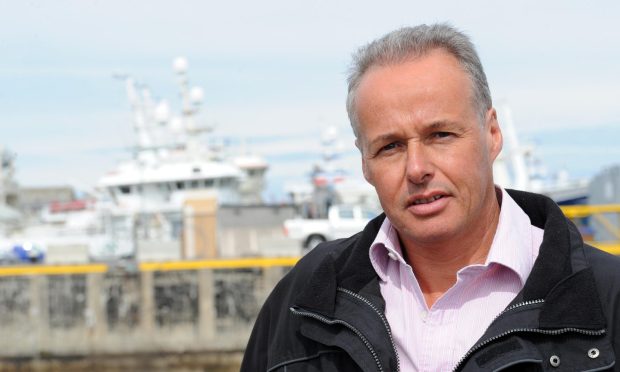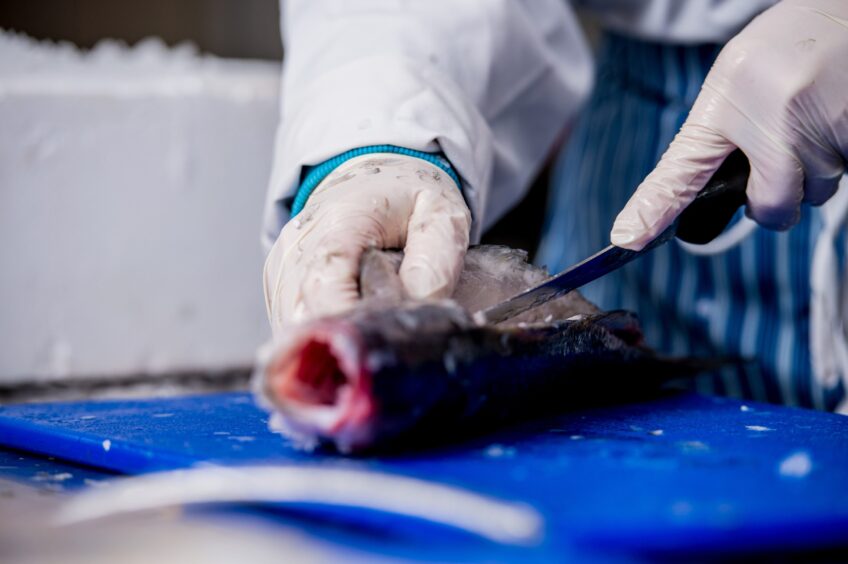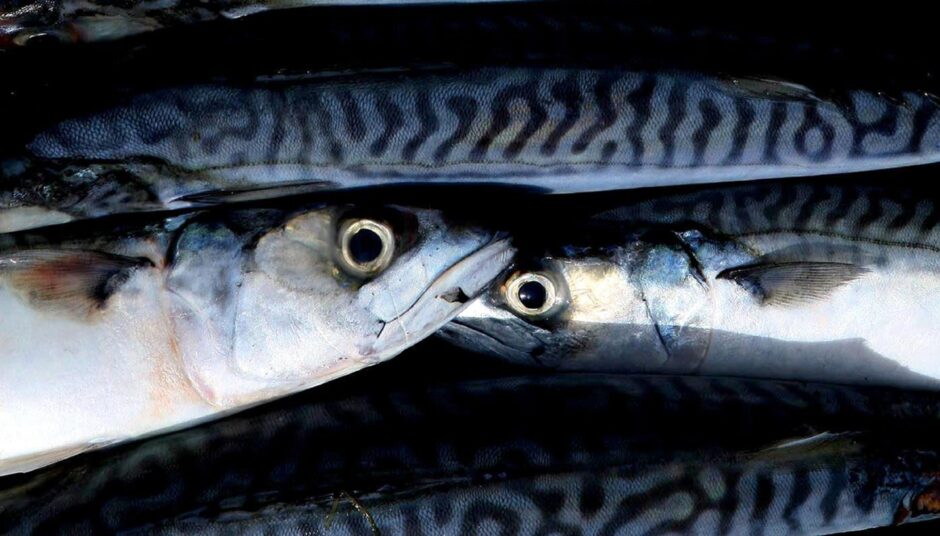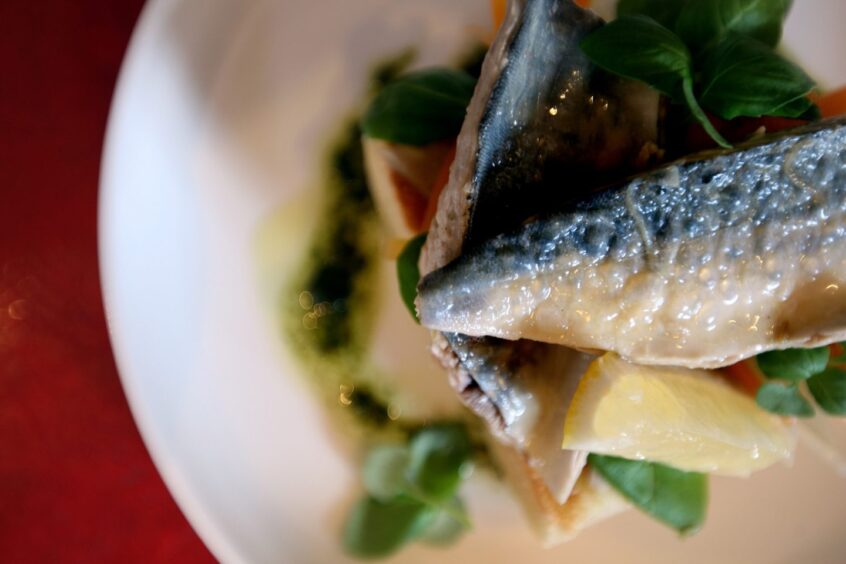Scottish fishers have called for renewed efforts to resolve a long-running international stand-off over mackerel quotas.
North Sea coastal states including the UK recently struck a deal on catch limits for mackerel, as well as two other pelagic species, blue whiting and Atlanto-Scandian herring, for 2024.
But there are ongoing fears some countries may not stick to their agreed shares.
In recent years Iceland, Russia, Norway, Greenland and Faroe have fof agreeall unilaterally increased north-east Atlantic mackeral catch allowances, putting pressure on the stock.
Lastest deal on mackeral leaves door open for agreeing longer-term arrangements
Coastal states agreed on October 18 to set a total allowable catch (TAC) of 739,386 tonnes for 2024. This is in line with advice from the International Council for the Exploration of the Sea, an influential group of scientists who help shape European fisheries policy-making.
It was decided this level would also not prejudice discussions over longer-term quota sharing arrangements.
Scottish Pelagic Sustainability Group (SPSG) chairman Ian Gatt said this country’s fishers and processors remained “committed to sustainability”.
He added: “The UK has meticulously abided by international agreements on catch shares based on scientific advice.
“The principles for a new sharing arrangement must be based on the best available science on stock distribution.”
SPSG represents the catching, processing and marketing sectors of Scotland’s pelagic industry, which is largely focused on mackerel and herring. It was set up to oversee certification of its main fisheries to the Marine Stewardship Council eco-label standard.
The group is also driving forward other sustainability initiatives.
It says there are six main issues that need urgently addressed. These are:
- Several coastal states are setting high unilateral quotas without international agreement
- “Banking and borrowing” practices among some of these states, where uncaught quota from one year is carried forward – above the agreed 10% threshold – to the following year. For example, Faroe carried forward 66,700t – 42% of its 2022 quota, to 2023.
- The scale of fishing in North East Atlantic Fisheries Commission (NEAFC) regulatory areas taking place in international waters – 274,306t in 2022, or 26% of the overall catch.
- Trans-shipment of catches at sea to other vessels in the NEAFC regulatory areas, making the level and species composition of catches difficult to monitor.
- Large amounts of mackerel being caught by some coastal states and targeted for fishmeal production, rather than human consumption. It is processed into feed for the aquaculture and livestock sectors. It is estimated this will total about 210,000 this year, around 20% of the anticipated catch.
- Concern over the recent pelagic fleet expansion in Faroe as a result of it unilaterally increasing its annual quota. SPSG says Faroe has granted 10 new pelagic licences, effectively doubling the size of the fleet, during the past decade
Mr Gatt said: “We are especially keen for the UK and international retail sector, as well as consumers, to recognise this is a situation entirely outside the control of the UK mackerel sector.
“Our mackerel fishermen and processors have been spearheading a range of conservation and responsible fisheries management measures in recent years, including working in partnership with scientists on the collection of stock data to enhance our knowledge of the fishery and ensure a sustainable future.
‘No room for complaceny’
“Despite the unilateral actions of some other coastal states, the latest scientific assessments have determined the north-east Atlantic mackerel stock is currently at above average levels and there is an encouraging recruitment of juveniles.
But the stock is declining “from a very high base”, he warned, adding: “There is no room for complacency and an agreement on quota shares is vital to ensure the long-term future of the stock.”
The UK has meticulously abided by international agreements on catch shares based on scientific advice.”
Ian Gatt, chairman, Scottish Pelagic Sustainability Group
Scottish Pelagic Processors’ Association chairman Robert Duthie added: “Mackerel is a healthy-to-eat fish and research shows the UK fishery has a lower carbon footprint than most other types of protein production.”
The mackerel processing sector is an important employer in some parts of Scotland, including in the north-east, with the majority of its output destined for the retail sector.
Read more: Take a look inside Shetland fishing crew’s 30% bigger boat
Read more: Scottish fishers hit back with new poll findings showing huge public support




Conversation